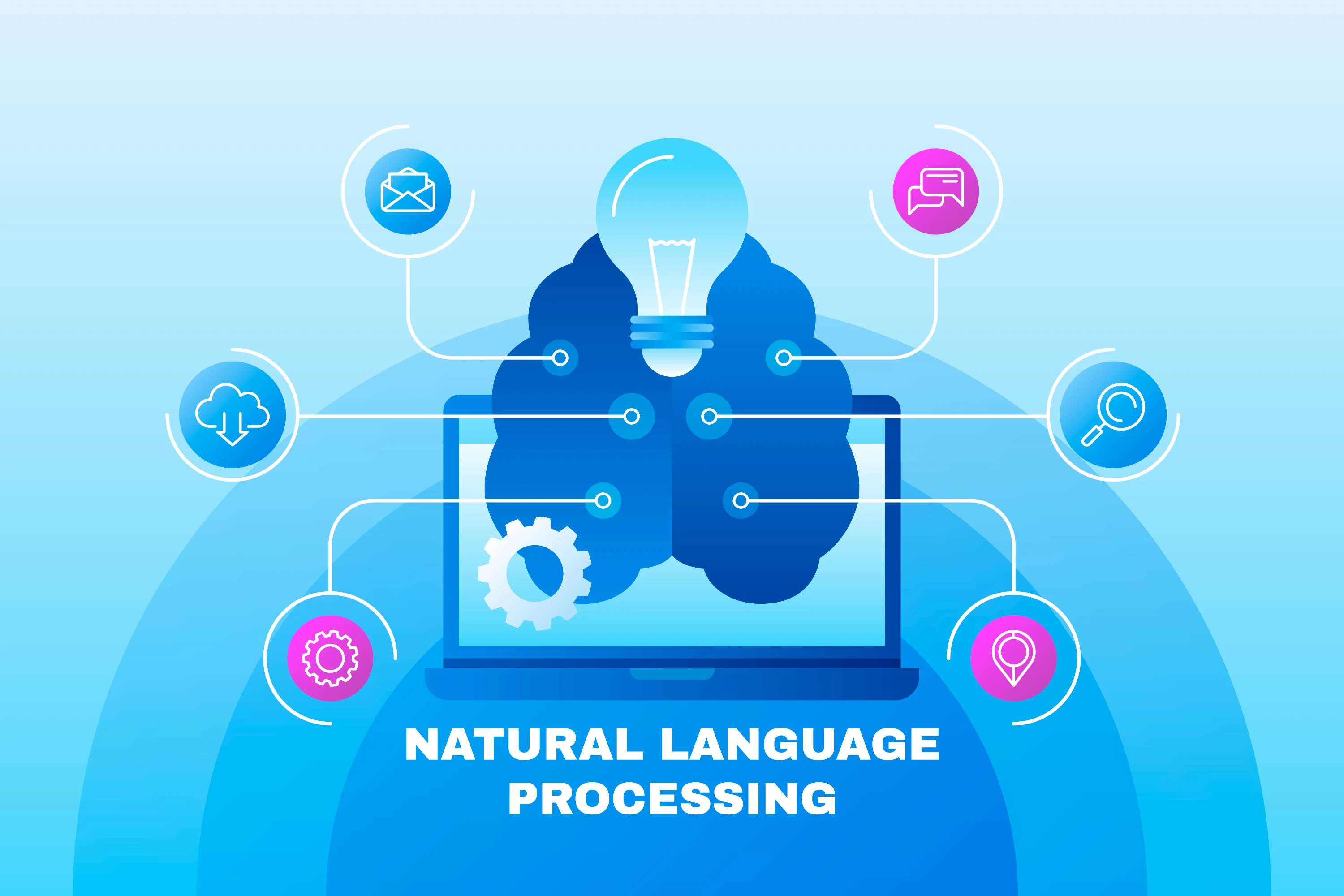
Neuro-Linguistic Programming (NLP) is not merely a set of techniques but a profound framework that explores the intricate connection between neurology, language, and behavior. Whether you're delving into NLP Training Courses or simply curious about "What is NLP," this blog will unravel the core concepts and principles that form the backbone of this transformative approach to human communication and personal development.
What is NLP?
Natural Language Processing (NLP) comes down to delving into the human condition from all angles. Richard Bandler and John Grinder coined the term "NLP" to describe a field that studies how people take in information, express themselves, and react to different stimuli. It includes various approaches and concepts that help develop, communicate, and alter one's behaviour.
The Core Concepts of NLP
Let's dive into the Core Concepts of NLP:
Neurology: Understanding the Mind-Body Connection
The complicated relationship between the mind and body is called the "Neuro" in NLP, which stands for the nervous system. According to neuro-linguistic programming (NLP), our perceptions, ideas, and actions are all impacted by the subjective experience that passes through our brain systems. Natural language processing (NLP) experts can help people make good changes by analysing their brainwave patterns.
Linguistics: The Power of Language
The "Linguistic" part emphasises how language influences our reality. Language is more than simply a means of expression; it is a potent medium via which we shape our perceptions of the world. Using metaphors and linguistic patterns, NLP investigates how words influence our feelings and ideas. A person's communication skills and capacity to comprehend himself and others may be enhanced via the cultivation of linguistic pattern awareness.
Programming: Behavioral Patterns and Habits
In neuro-linguistic programming (NLP), "programming" is the thinking and behaviour people establish for themselves over time. These habits, often unconscious, influence our reactions to stimuli and our ability to move about in the environment. NLP procedures try to detect and change these patterns to help people overcome self-limiting beliefs and behaviours and develop more empowered reactions.
Fundamental Principles of NLP
Here we explore more about the Fundamental Principles of NLP:
The Map is Not the Territory
A cornerstone of neuro-linguistic programming (NLP) is the understanding that everyone builds their subjective reality, or "map of the world." Perception, belief, and experience form this map. This concept stresses the significance of recognising that one's subjective interpretation of events constitutes reality rather than objective facts.
The Power of State
The term "state" refers to an individual's mental and physiological condition and is essential to neuro-linguistic programming (NLP). To improve communication and decision-making, natural language processing (NLP) approaches concentrate on controlling and optimising states, which impact behaviour and perception.
Rapport Building for Effective Communication
A foundational principle of NLP is rapport, which is developing a mutually beneficial and trustworthy connection. Communication and connection are improved when people can establish rapport with one another. The significance of rapport-building strategies, such as mirroring, matching, and pacing, is often emphasised in NLP training courses.
Presuppositions: Positive Assumptions for Change
Positive beliefs about people and their capacity for change form the basis of NLP's presuppositions. Statements like "People have all the resources they need" and "The meaning of communication is the response you get." are examples of these assumptions. Accepting these assumptions may develop a positive and empowered frame of mind.
Conclusion
as we explore the fundamental ideas and principles of NLP, we embark on a journey of personal growth and enhanced communication. NLP serves as a prism, allowing us to comprehend the intricacies of the human condition through programming, linguistics, and neuroscience. Whether you're just beginning to explore "What is NLP" or are advancing in your training, these foundational concepts provide a groundbreaking framework for understanding human behavior and the mind.
Embracing these values facilitates self-discovery and equips us with the tools to enhance relationships with others and the environment. Consider complementing your NLP journey with Business Skills Courses to further enrich your professional development.


If you have any doubt related this post, let me know